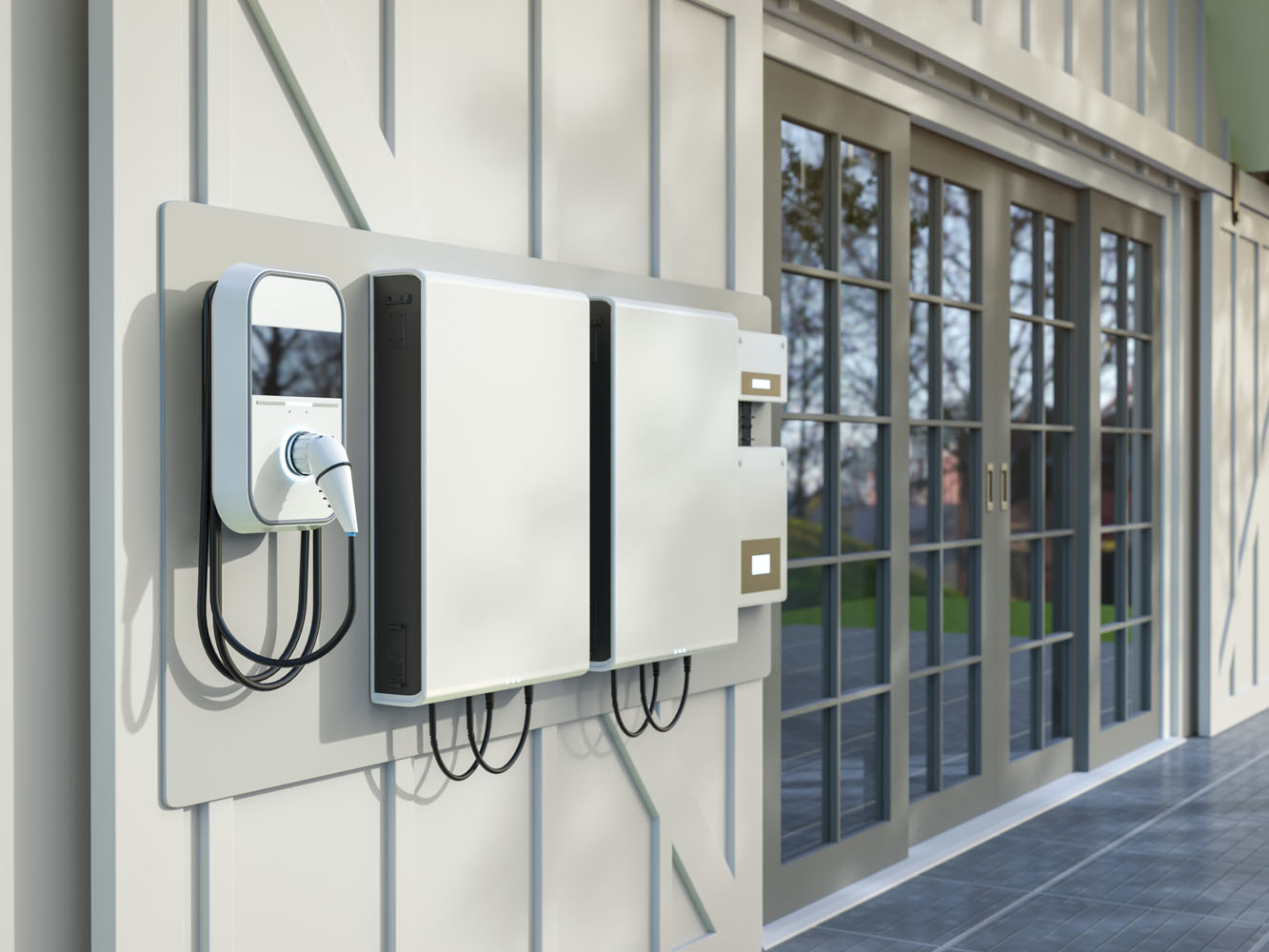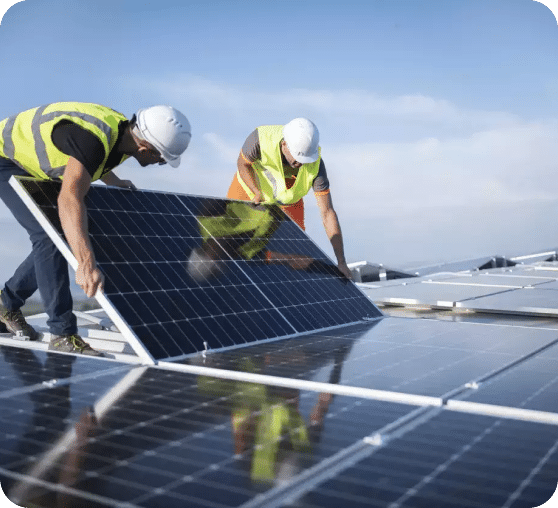When deciding between gas and electric systems for your home, the environmental impact is one of the most important factors to consider. Each system has a different effect on greenhouse gas emissions, energy efficiency, and sustainability. In this article, we’ll explore the environmental impacts of both gas and electric systems, helping you understand which option is better for the planet and your home.
1. Gas Systems: Environmental Impact Overview
Gas systems, whether for heating, hot water, or cooking, primarily rely on natural gas. While natural gas is often seen as a “cleaner” fossil fuel compared to coal or oil, it still contributes to significant greenhouse gas emissions.
- Greenhouse Gas Emissions: Burning natural gas releases carbon dioxide (CO2), a major contributor to climate change. While gas systems produce fewer CO2 emissions than coal-fired electricity, they still emit a substantial amount compared to electric systems that can run on renewable energy.
- Methane Leakage: One often-overlooked aspect of natural gas is the issue of methane leaks during extraction, transportation, and distribution. Methane is a much more potent greenhouse gas than CO2—up to 84 times more potent over a 20-year period. This makes the overall environmental impact of natural gas higher than many people realize.
- Resource Depletion: Natural gas is a finite resource. Although there are significant reserves available, they will eventually run out, making gas systems unsustainable in the long term. In contrast, electric systems can run on renewable resources like solar and wind.
2. Electric Systems: Environmental Impact Overview
Electric systems, such as heat pumps, electric hot water systems, and electric stoves, can be powered by a variety of energy sources, including renewable electricity. The environmental impact of electric systems largely depends on the source of the electricity.
- Zero Emissions with Renewable Energy: If your electricity comes from renewable sources like solar, wind, or hydro, electric systems can be virtually carbon-neutral. Many homeowners in Victoria who install solar panels can power their electric systems directly from the energy they generate, eliminating their reliance on fossil fuels altogether.
- Transition to Clean Energy: Australia, and Victoria in particular, is transitioning to a cleaner grid, with more renewable energy being fed into the national electricity market. As the grid becomes greener, the environmental impact of electric systems decreases over time.
- Electricity from Fossil Fuels: If your electricity is still primarily generated from fossil fuels (e.g., coal), the environmental benefits of electric systems are reduced. However, electric systems still have the potential to be more efficient than gas, and as the grid transitions to renewables, the long-term environmental benefits are clear.
3. Comparing Efficiency: Gas vs. Electric
When comparing gas and electric systems, energy efficiency is a key factor in determining their environmental impact. Efficient systems use less energy, resulting in lower emissions.
- Gas Efficiency: Gas heating systems and hot water systems typically operate at 70-90% efficiency. This means that 10-30% of the energy produced is wasted. Even the most efficient gas systems still emit CO2 and contribute to global warming.
- Electric Efficiency: Electric systems, especially heat pumps, can achieve efficiencies of over 300%. Heat pumps work by transferring heat rather than generating it, making them far more efficient than gas systems. For every unit of electricity consumed, heat pumps can produce three or more units of heat, significantly reducing energy use and emissions.
4. Long-Term Sustainability
The long-term sustainability of gas and electric systems is another important consideration:
- Gas Systems: As a fossil fuel, natural gas is unsustainable in the long term. Continued use of gas systems contributes to resource depletion, air pollution, and climate change. As countries, including Australia, move towards net-zero emissions targets, the future of gas systems looks increasingly uncertain.
- Electric Systems: Electric systems offer a much more sustainable solution, especially when powered by renewables. Solar panels, wind farms, and hydroelectric plants produce clean, renewable energy that will never run out. Additionally, as the grid becomes greener, electric systems will continue to lower their environmental impact over time.
5. Government Incentives for Electric Systems
In Victoria, the state government offers a range of incentives and rebates to encourage homeowners to switch from gas to electric systems. These incentives make it easier and more affordable to adopt cleaner, more sustainable energy solutions.
- Solar Victoria Rebates: Homeowners can receive rebates for installing solar panels and battery storage systems, allowing them to power their electric systems with clean energy from the sun.
- Victorian Energy Upgrades (VEU) Program: Rebates are also available for upgrading to energy-efficient electric systems, such as heat pump hot water systems and reverse-cycle air conditioners. These systems not only reduce your carbon footprint but also lower your energy bills.
6. The Future of Energy: Why Electric is the Way Forward
The future of energy is electric. As Australia works towards its net-zero emissions goals, the focus is shifting from gas to electricity powered by renewables. This means that:
- Electric systems will become increasingly more efficient, cheaper, and cleaner as more renewable energy enters the grid.
- Gas systems will face stricter regulations, higher costs, and potentially be phased out altogether in the coming decades.
Switching to electric systems now not only helps reduce your environmental impact today but also future-proofs your home for a cleaner, greener energy future.
Conclusion: When it comes to environmental impact, electric systems are the clear winner over gas. While gas systems still dominate many homes, they contribute to greenhouse gas emissions and rely on a finite resource. Electric systems, especially when powered by renewable energy, are far more efficient, sustainable, and environmentally friendly. As Victoria transitions to a cleaner energy grid, the shift towards electric systems will only accelerate, making now the perfect time to make the switch.







